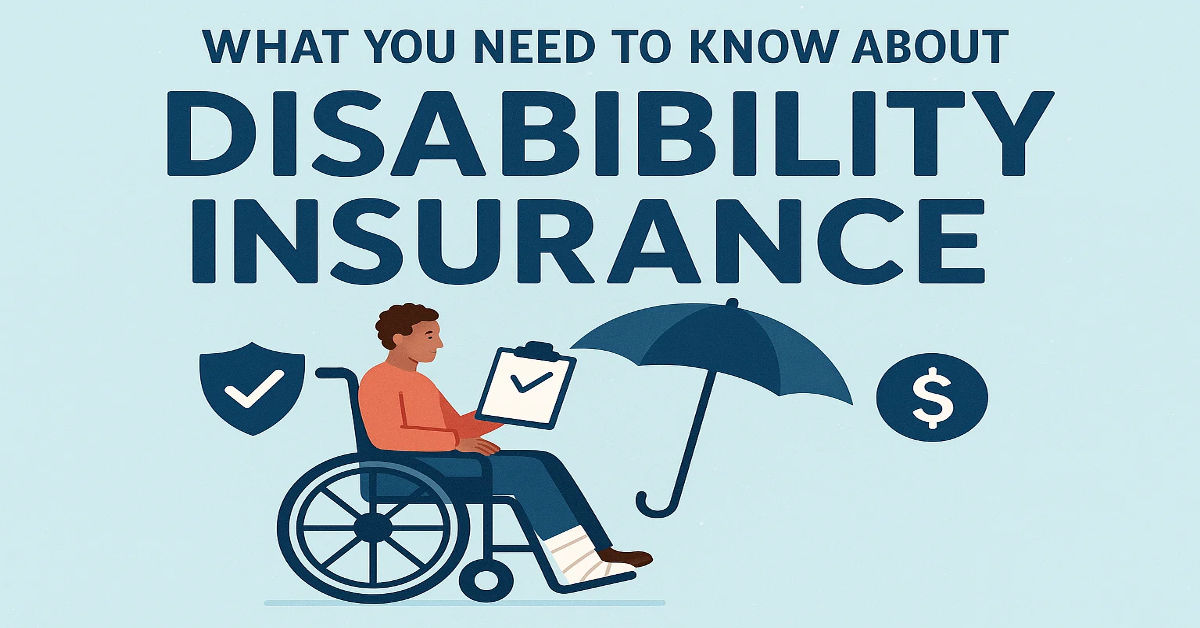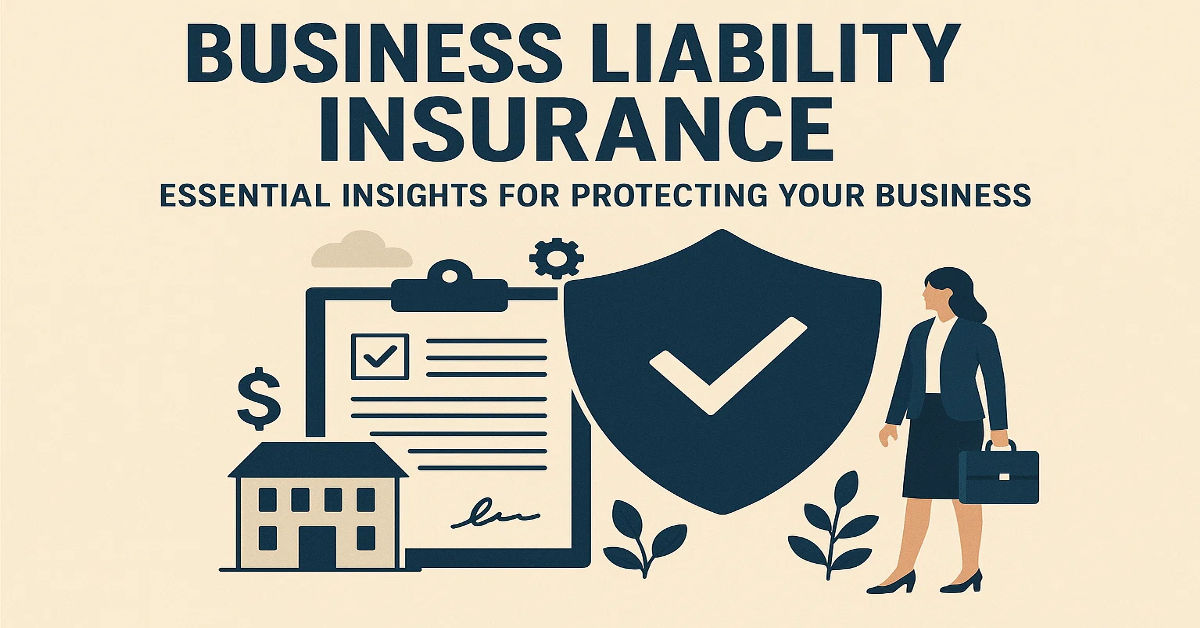
Starting a business is an exciting venture, but it comes with its fair share of risks. From unexpected lawsuits to unforeseen damages, startups face numerous challenges that could impact their survival. This is why having the right insurance isn’t just recommended it’s essential. Finding the best insurance for startups ensures you are protected from financial setbacks and can focus on growing your business without unnecessary stress.
Why Insurance is Crucial for Startups
Every startup operates in a world of uncertainty. The risks associated with running a business span from property damage to legal issues, not to mention the financial losses that can stem from operational hiccups. Insurance acts as your safety net, shielding your business from costly setbacks. For startups operating on tight budgets, an unforeseen claim can be financially devastating. Insurance allows entrepreneurs to focus on scaling their businesses, knowing their hard work is safeguarded.
Understanding the Types of Business Insurance
There’s no one-size-fits-all approach when it comes to business insurance. Understanding the different types is key to deciding what works for your startup. General liability insurance, for example, covers common risks like bodily injuries and property damage. Then there’s professional liability insurance, which protects against claims of negligence and mistakes. Additionally, property insurance is vital if physical assets like equipment or inventory are integral to your operations. For startups with employees, workers’ compensation is often legally required. Choosing the right blend of coverage ensures you get broad protection tailored to your needs.
How to Choose the Best Insurance
Start by assessing the nature of your business tech startups, for example, may need cyber liability insurance, while retail businesses might prioritize property insurance. When it comes to selecting the best insurance for startups, there are a few key things to consider. Look at the policies that align with your industry-specific risks and compare plans from providers offering flexible options. It’s crucial to balance affordability with adequate coverage; the cheapest plan might leave gaps that could hurt you later. Consulting an insurance broker or advisor can further help you identify a plan curated specifically for your startup’s needs.
Common Risks Startups Face and How Insurance Helps
Startups face unique risks not always encountered by larger, more established businesses. For instance, many startups operate in emerging or niche markets, making them prone to market instability. Lawsuits stemming from intellectual property disputes, data breaches, or dissatisfied customers are also common. Without insurance, legal defense costs or settlements could eat away at your limited capital. Business interruption, too, can derail your operations due to unexpected disasters. Insurance provides the financial cushion needed to handle such risks, allowing startups to stay afloat and focused on their goals.
The Role of Liability Insurance in Protecting Your Business
Liability insurance is one of the most fundamental forms of business coverage, especially for startups. General liability insurance, for instance, covers third-party claims involving physical injury, property damage, or advertising disputes. Professional liability insurance, also known as errors and omissions (E&O) insurance, protects against claims that your business provided inadequate services. These policies essentially protect your business from lawsuits that could harm your reputation and finances. While it may seem like an additional expense, liability insurance gives startups peace of mind against potentially crippling claims.
Top Providers Offering
With so many insurance providers in the market, it can be overwhelming to decide which are best suited for your startup. Large providers like Hiscox and Next Insurance cater specifically to startups, offering customizable plans and competitive rates. Companies like Chubb are renowned for their tailored policies for tech startups, providing cyber risk management solutions. Then there’s Progressive, which combines affordable premiums with flexible coverage options. Ultimately, finding the best insurance for startups depends on your industry, budget, and the specific risks you aim to mitigate. Make sure to research and compare policies to identify the right provider.
Balancing Coverage and Budget
Startups often operate under financial constraints, which means investing in insurance requires careful planning. To find a balance, prioritize coverage for your most significant risks. For instance, if you’re in a service-based industry, professional liability insurance might take precedence. Bundling multiple policies with a single provider can also help your secure discounts. Additionally, evaluate policy deductibles and opt for a manageable balance between premiums and out-of-pocket costs. Regularly re-assess your coverage as your business grows, ensuring it remains aligned with your needs without breaking the bank.
Mistakes to Avoid When Buying Startup Insurance
When purchasing insurance, startups often make a few common missteps. One significant error is underestimating the coverage needed choosing minimal coverage can leave you vulnerable. Another mistake is failing to disclose all necessary business information to your provider. Omitting critical details can lead to denied claims when you need them the most. Startups also tend to overlook the importance of reading the fine print. Policy exclusions can significantly impact the effectiveness of your coverage, so it’s vital to fully understand what’s included and excluded. Avoid these pitfalls to ensure your insurance protects you effectively.
Your Startup with the Right Insurance Plan
Startup needs evolve over time, and so should your insurance plan. A policy that worked during your launch phase might not suffice as you scale and enter new markets. Forward-thinking insurance planning involves choosing flexible policies that can adapt to your business growth. For instance, if you plan to increase your staff, evaluate workers’ compensation insurance options early on. Cyber insurance might become more critical as you expand your digital footprint. By periodically reviewing and updating your coverage, you can stay ahead of potential risks and future-proof your business.
Conclusion
Insurance is a critical component of any startup’s success strategy. Beyond just ticking a box, it provides financial security and confidence to pursue growth. Investing in the best insurance for startups ensures you can weather unexpected storms and stay focused on your goals. While determining the right policy may seem like an extra hurdle, it’s an investment that pays off in the long run. With the right coverage in place, you’ll have peace of mind knowing your startup is prepared to tackle any challenges the future might bring.
FAQs: Insurance for Startups
1. Why do startups need insurance?
It protects against financial losses from lawsuits, damages, or disruptions, allowing you to focus on growth.
2. What types of insurance are essential?
General Liability: Covers injuries and property damage.
Professional Liability: Protects against negligence claims.
Property Insurance: Covers assets like equipment.
Workers’ Compensation: Required for employees.
Cyber Insurance: For data breaches (important for tech startups).
3. How do I choose the right insurance?
Assess your risks, prioritize industry-specific coverage, and consult an advisor for tailored plans.
4. What risks do startups face?
Market instability, lawsuits, data breaches, and business interruptions.
5. How can I balance coverage with budget?
Bundle policies, prioritize key risks, and review coverage as your business grows.
6. Common mistakes to avoid?
Underestimating coverage, not disclosing details, and ignoring policy exclusions.
7. How often should I review coverage?
Annually or after major business changes like hiring or expansion.
8. Are there startup-friendly providers?
Yes, like Hiscox, Next Insurance, Chubb, and Progressive.
9. Is insurance legally required?
Workers’ compensation is required if you have employees; other needs depend on your industry.
10. Can I adjust coverage as I grow?
Yes, policies can adapt to new employees, assets, or risks.




















